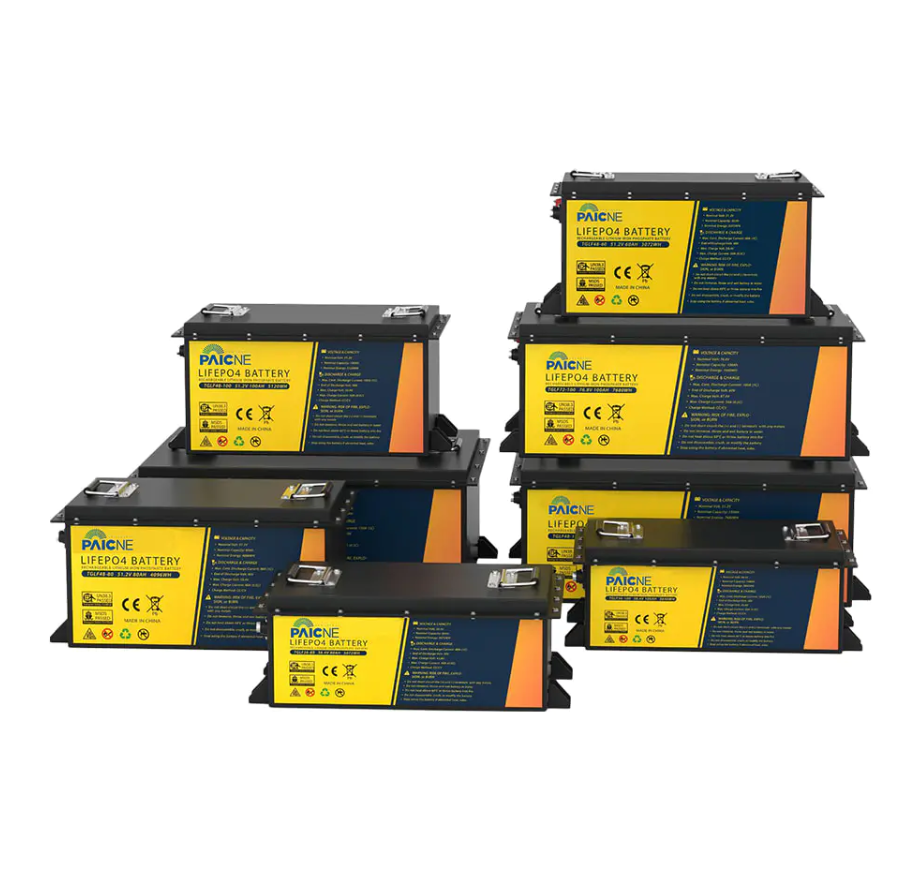The Energy Density of Lithium Iron Phosphate Battery in Comparison with Other Lithium Batteries

The energy density of a battery is a critical parameter that determines its suitability for various applications, particularly in the realm of portable electronics and electric vehicles. Lithium Iron Phosphate Battery, as a type of lithium-ion battery, has been the subject of much discussion when it comes to its energy density in comparison with other lithium-based batteries. This article delves into the energy density characteristics of the Lithium Iron Phosphate Battery, examining how they stack up against their lithium counterparts.
The Lithium Iron Phosphate Battery is known for its stability and safety, but when it comes to energy density, it typically lags behind other lithium-ion batteries. The energy density of a battery is measured in watt-hours per kilogram (Wh/kg), and it indicates how much energy can be stored per unit of weight. The Lithium Iron Phosphate Battery, with an energy density that ranges from 100 to 120 Wh/kg, is not the leader in this category. In contrast, Lithium Cobalt Oxide (LiCoO2) batteries, which were among the first lithium-ion batteries to be commercialized, offer energy densities of around 150 to 220 Wh/kg. This higher energy density allows for lighter and smaller batteries to be used in applications where weight and volume are at a premium.
However, the energy density of the Lithium Iron Phosphate Battery is not without its merits. While they may not offer the highest energy density, they excel in other areas that are crucial for battery performance. For instance, the Lithium Iron Phosphate Battery has a flat discharge voltage plateau, which means it can deliver a consistent voltage throughout its discharge cycle. This characteristic is beneficial for applications that require stable power output, such as in some types of electric vehicles and renewable energy storage systems.
Moreover, the Lithium Iron Phosphate Battery has a superior cycle life compared to many other lithium-ion batteries. They can withstand thousands of charge and discharge cycles, which is particularly important for applications where longevity is a key concern. This durability, combined with their lower energy density, makes them an attractive option for applications where the total amount of energy required is not as critical as the lifespan of the battery.
Safety is another area where the Lithium Iron Phosphate Battery shines. They are less prone to thermal runaway, a condition where a battery can overheat and potentially lead to fire or explosion. This inherent safety feature is particularly valuable in applications where the risk of such incidents must be minimized, such as in large-scale energy storage systems or densely populated urban areas.
In terms of environmental impact, the Lithium Iron Phosphate Battery is also more favorable. They contain no toxic heavy metals, making them more environmentally friendly and easier to recycle at the end of their life cycle. This eco-friendliness is increasingly important as the world moves towards more sustainable energy solutions.
Despite their lower energy density, the Lithium Iron Phosphate Battery is chosen for many applications due to its combination of safety, longevity, and environmental benefits. While they may not be the best choice for every situation, their unique properties make them a valuable option in a wide range of scenarios. As technology continues to advance, the energy density of the Lithium Iron Phosphate Battery will likely improve, potentially allowing them to compete more directly with higher energy density lithium-ion batteries in the future. Until then, the decision to use a Lithium Iron Phosphate Battery will depend on the specific requirements and priorities of the application in question.
Product Features:
1. High energy density: Lithium iron phosphate batteries have a high energy density, providing longer usage time and higher power output.
2. Long life: Lithium iron phosphate batteries use advanced materials and manufacturing processes, resulting in a longer service life and the ability to withstand more charge and discharge cycles.
3. High temperature tolerance: Lithium iron phosphate batteries can operate normally in high-temperature environments without being damaged or reducing performance due to excessive heat.
4. Fast charging: Lithium iron phosphate batteries support fast charging, allowing them to be fully charged in a short time, improving efficiency.
5. Safety performance: Lithium iron phosphate batteries have high safety performance, ensuring no explosion or fire hazards occur, making them safer and more reliable for use.
- Questions and Answers
- Opinion
- Motivational and Inspiring Story
- Technology
- Live and Let live
- Focus
- Geopolitics
- Military-Arms/Equipment
- Seguridad
- Economy
- Beasts of Nations
- Machine Tools-The “Mother Industry”
- Art
- Causes
- Crafts
- Dance
- Drinks
- Film/Movie
- Fitness
- Food
- Juegos
- Gardening
- Health
- Home
- Literature
- Music
- Networking
- Other
- Party
- Religion
- Shopping
- Sports
- Theater
- Health and Wellness
- News
- Culture

